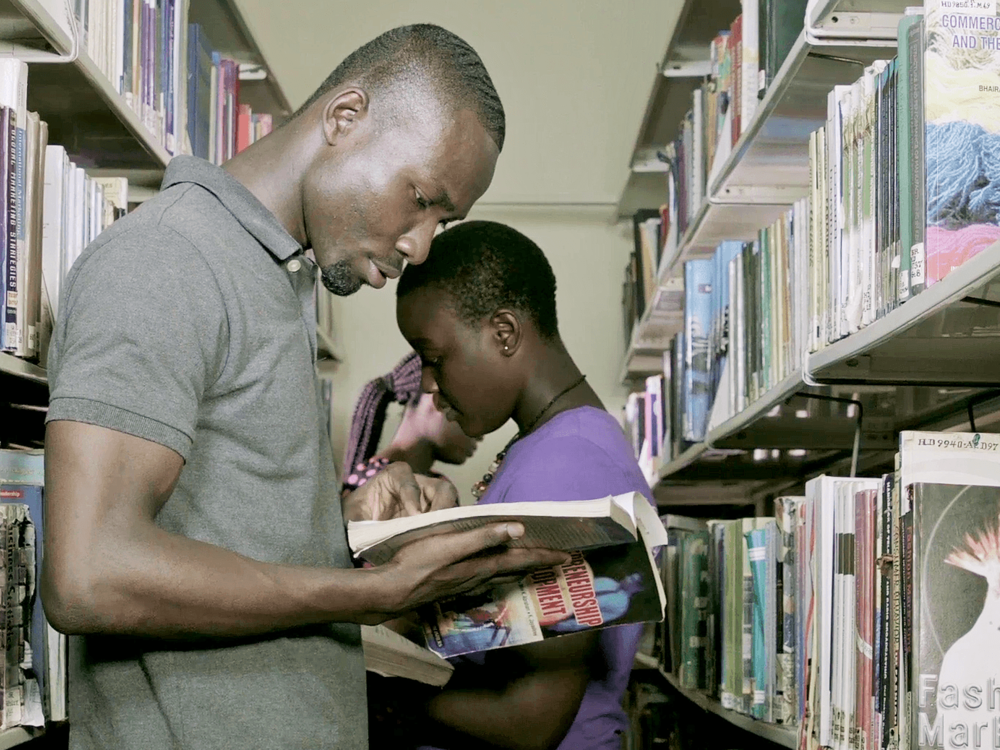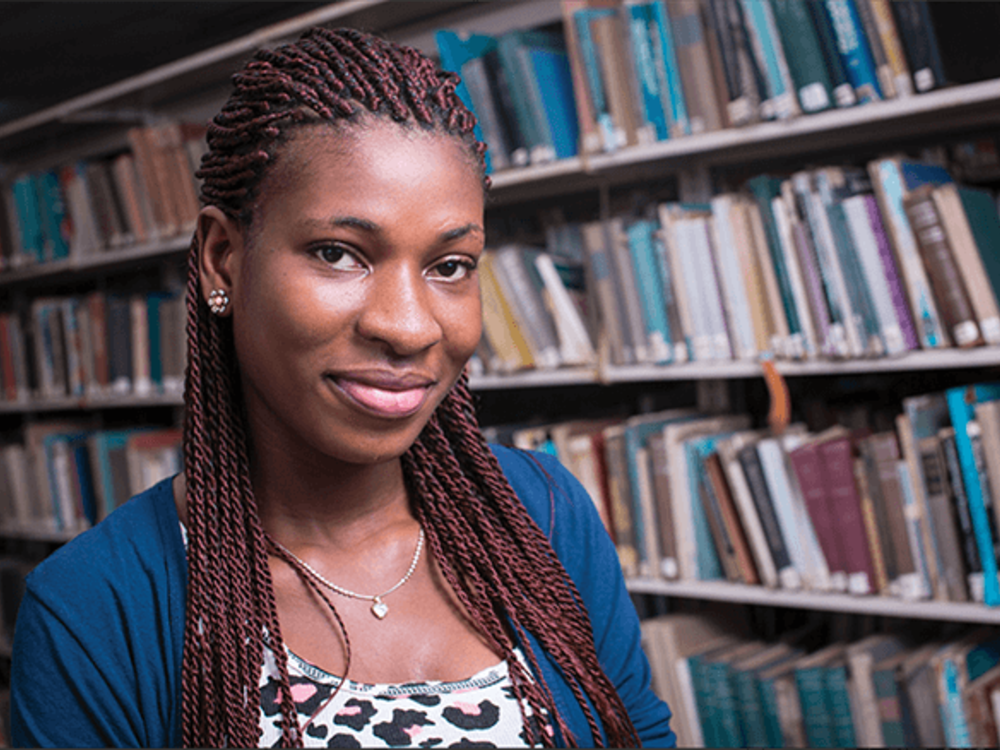The Institute of Education, University of Cape Coast wishes to inform the public that application forms for admission to the Five-Semesters Bachelor of Education Programmes (Sandwich) for the 2019/2020 academic year are on sale and will continue until May 03, 2019. The commencement date for the First Semester 2019/2020 programme is August 3rd -September 6, 2019.
PROGRAMMES ON OFFER
-
Bachelor of Education (Science)
-
Bachelor of Education (Mathematics)
-
Bachelor of Education (Arts)
-
Bachelor of Education (Social Sciences)
-
Bachelor of Education (Social Studies)
-
Bachelor of Education (Home Economics)
-
Bachelor of Education (Management)
-
Bachelor of Education (Accounting)
-
Bachelor of Education (Information Technology)
ADMISSION REQUIREMENT
1. Bachelor of Education (Science) Candidates seeking admission into the above programme must have:
i. Diploma in Basic Education (Science and Mathematics Option) or Diploma in Basic Education (General) with
ii. Credit in Physics, Chemistry and Biology in SSSCE/WASSCE.
2. Bachelor of Education (Mathematics) Candidates seeking admission into the above programme must have:
i. Diploma in Basic Education (Science and Mathematics Option) or Diploma in Basic Education (General) with
ii. Credit in Elective Mathematics in SSSCE/WASSCE.
3. Bachelor of Education (Arts) Candidates seeking admission into the above programme must have:
i. Diploma in Basic Education
ii. Credit in any two of the following courses in SSSCE/WASSCE: History, Christian/Islamic Religious Studies, French, Literature in English, Ghanaian Language,
4. Bachelor of Education (Social Sciences) Candidates seeking admission into the above programme must have:
i. Diploma in Basic Education ii. Credit in any two of the following courses in SSSCE/WASSCE: Economics, Geography, Elective Mathematics
5. Bachelor of Education (Social Studies) Candidates seeking admission into the above programme must have:
i. Diploma in Basic Education
ii. Credit in Geography and any one of the following courses in SSSCE/WASSCE: Economics, Elective Mathematics,
6. Bachelor of Education (Home Economics) Candidates seeking admission into the above programme must have:
i. Diploma in Basic Education
ii. Credit in any two of the following courses in SSSCE/WASSCE: Food and Nutrition, Clothing and textiles, Management in living.
7. Bachelor of Education (Management) Candidates seeking admission into the above programme must have:
i. Diploma in Basic Education
ii. Credit in Business Management and any two of the following courses in SSSCE/WASSCE: Accounting, Costing, Economics, Elective Mathematics
8. Bachelor of Education (Accounting) Candidates seeking admission into the above programme must have:
i. Diploma in Basic Education
ii. Credit in Accounting and any two of the following courses in SSSCE/WASSCE: Business Management, Costing, Economics, Elective Mathematics
9. Bachelor of Education (Information Technology) Candidates seeking admission into the above programme must have:
i. Diploma in Education
ii. Credit in any two of the following courses in SSSCE/WASSCE: Economics, Geography, Business Management, and Elective Mathematics
STUDY CENTRES
|
Programmes |
Study Centres |
|
B.Ed. Mathematics B.Ed. Science |
Akrokerri College of Education, Akrokerri |
|
B.Ed Arts B.Ed Home Economics |
Offinso College of Education, Offinso |
|
B.Ed Social Sciences B.Ed Social Studies B.Ed Home Economics |
Tamale College of Education, Tamale |
|
B.Ed Accounting B.Ed Management |
Holy Child College of Education, Takoradi |
|
B.Ed Social Sciences B.Ed Social Studies B.Ed Information Technology |
Berekum College of Education, Berekum |
SALE OF APPLICATION FORMS
Applicants are to buy scratch cards which will enable them to apply online. The scratch cards are up for sale at the Centres listed below:
-
Institute of Education, University of Cape Coast
-
UCC Guest House, Tesano, Accra
-
SDA College of Education, Asokore – Koforidua
-
Holy Child College of Education, Takoradi
-
Wesley College of Education, Kumasi
-
St. Teresa’s College of Education, Hohoe
-
Tamale College of Education, Tamale
-
St. Josephs College of Education, Bechem
-
Berekum College of Education, Berekum
Please note: The Fees will include Tuition, Residential Accommodation and Feeding.
COST OF SCRATCH CARDS
Purchase a scratch card at a cost of Two Hundred and Twenty Ghana Cedis (GH¢220.00)
ONLINE APPLICATIONS
a. Applicants should visit www.ucc.edu.gh and click on Apply Online or logon on to https://apply.ucc.edu.gh
-Select: Sandwich (outreach/Inst. Of Edu.) programmes application
-Application Level: Select Undergraduate (Bachelor)
-Application Type: Select Inst. of Educ. Post WASSCE with Diploma –Sandwich (DEGREE)
All applicants are required to provide the following information at the back of the large EMS envelope:
(a) application reference number
(b) full name
(c) postal address
(d) first choice programme and
(e) application category which should be INSTITUTE OF EDUCATION POST WASSCE WITH DIPLOMA –SANDWICH (DEGREE) programme.
Applicants are advised to read application instructions as well as the contents of the admissions brochure very carefully before completing the online application form.
Applications on which APPLICATION REFERENCE NUMBERS are not indicated will not be processed.
IMPORTANT
b. CANDIDATES ARE REQUIRED TO SEND THE COMPLETED FORM TO THE DIRECTOR, INSTITUTE OF EDUCATION, UNIVERSITY OF CAPE COAST, UNIVERSITY POST OFFICE, CAPE COAST.
c. THE FOLLOWING ENCLOSURES SHOULD ACCOMPANY CANDIDATE’S COMPLETED APPLICATION FORM:
i. For candidates who were certified by the Institute of Education of the University of Cape Coast, photocopies of Certificates authenticated by the Director of Institute of Education/Principal of a College of Education is acceptable. Candidates should obtain their transcripts and forward it to: The Director, Institute of Education, University of Cape Coast, Cape Coast.
ii. For all other applicants, transcripts of the academic records should be sent to The Director, Institute of Education, University of Cape Coast, Cape Coast.








